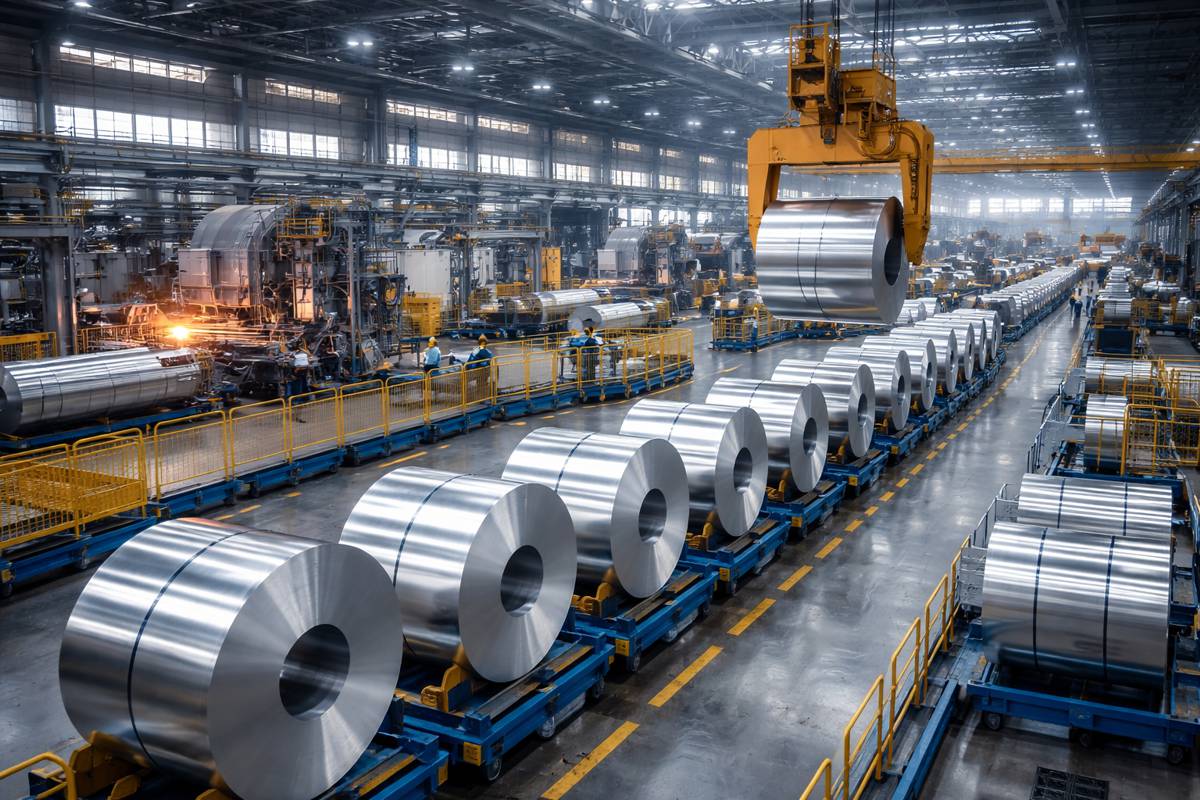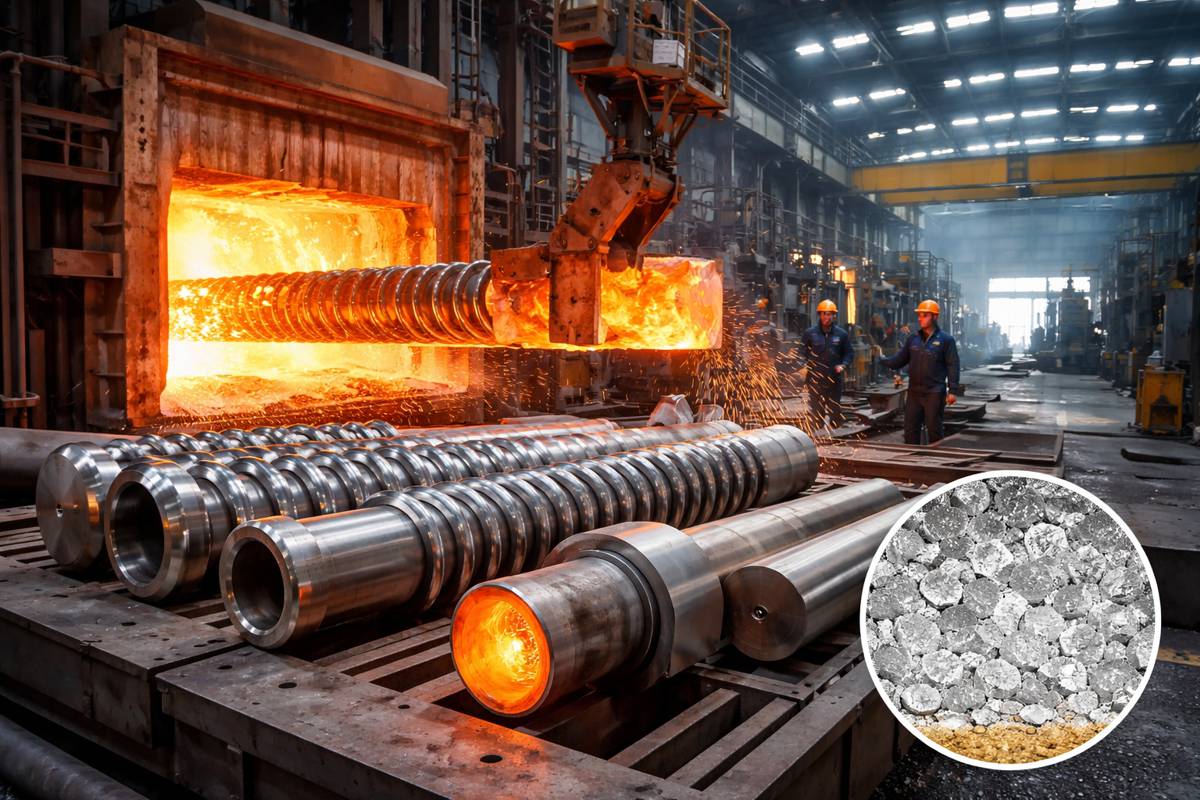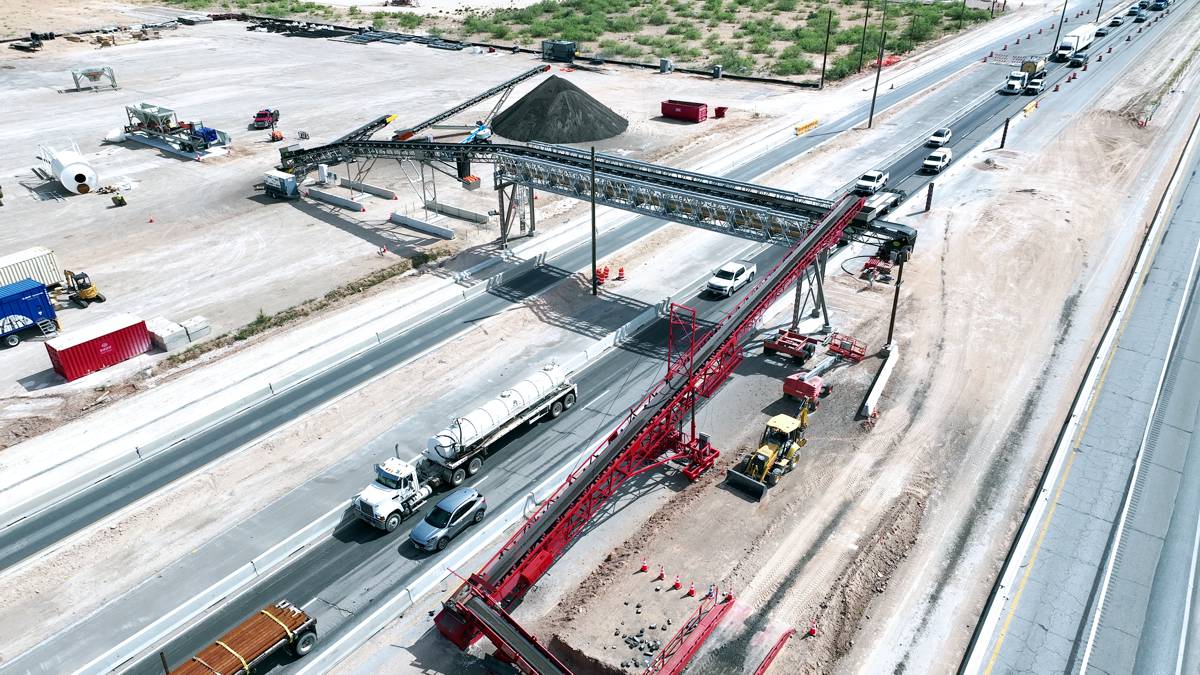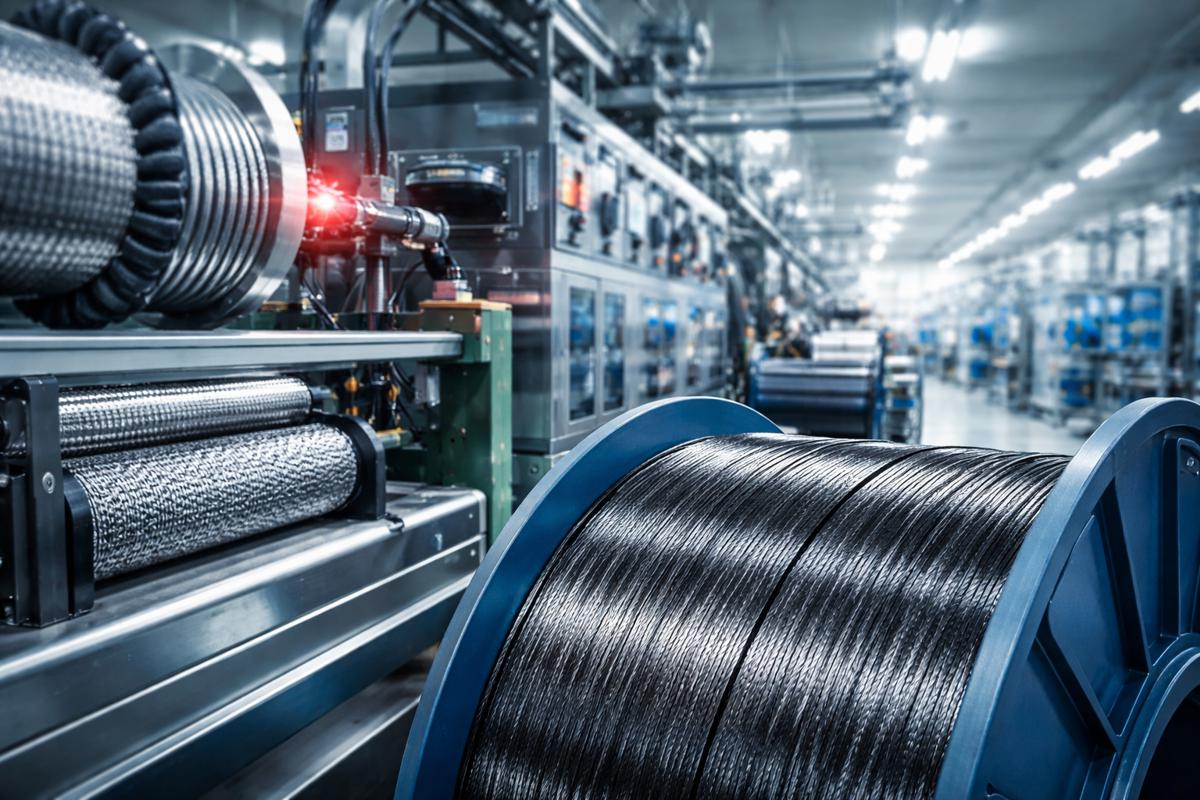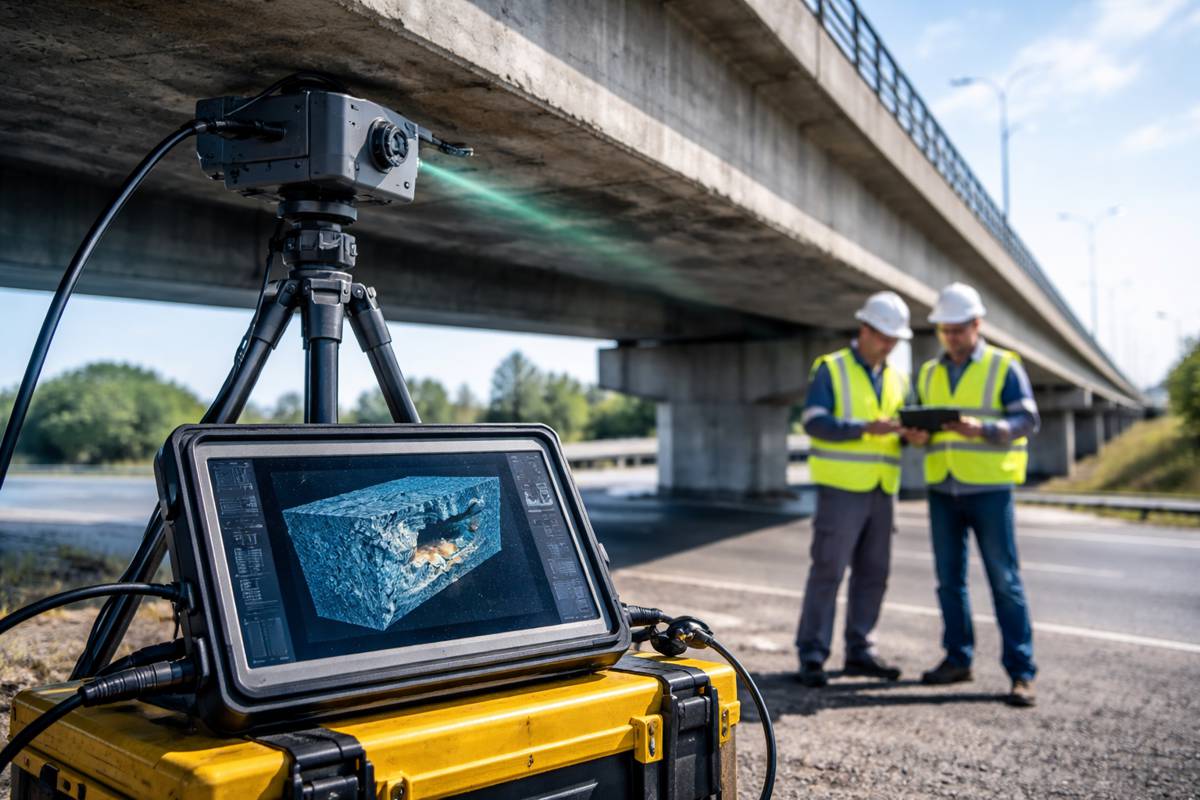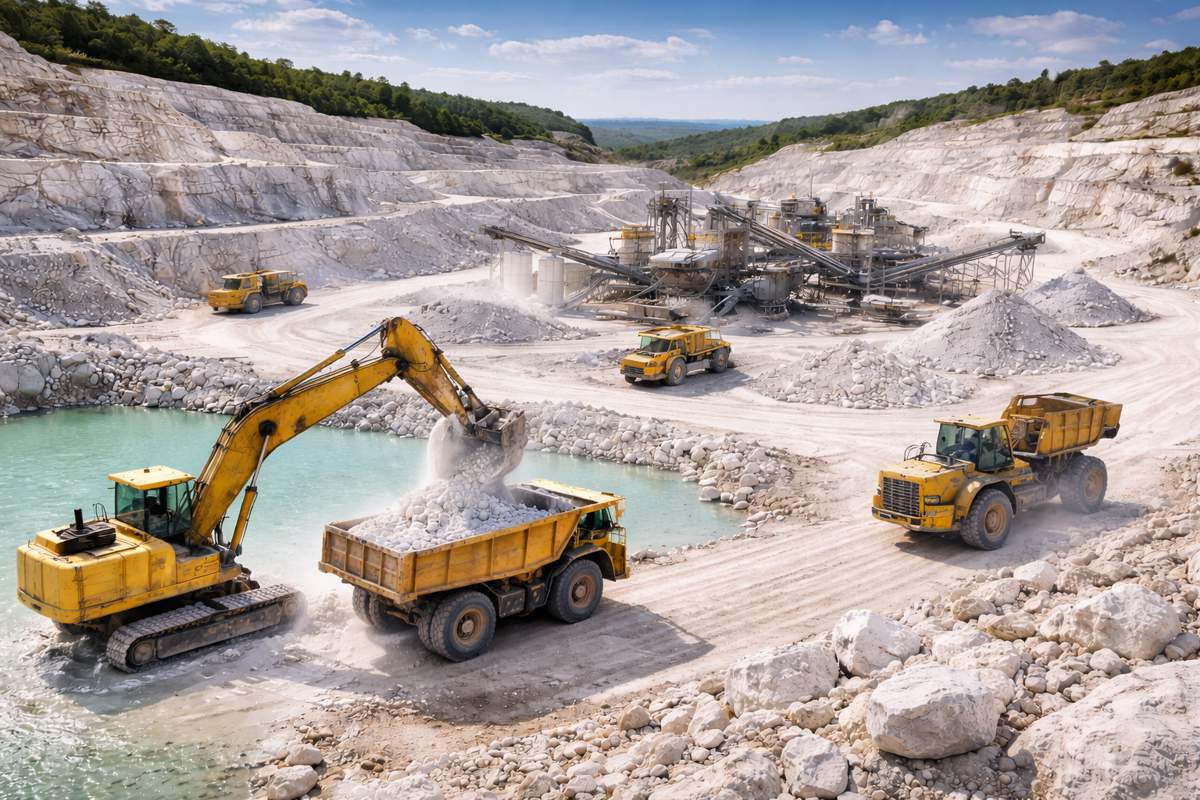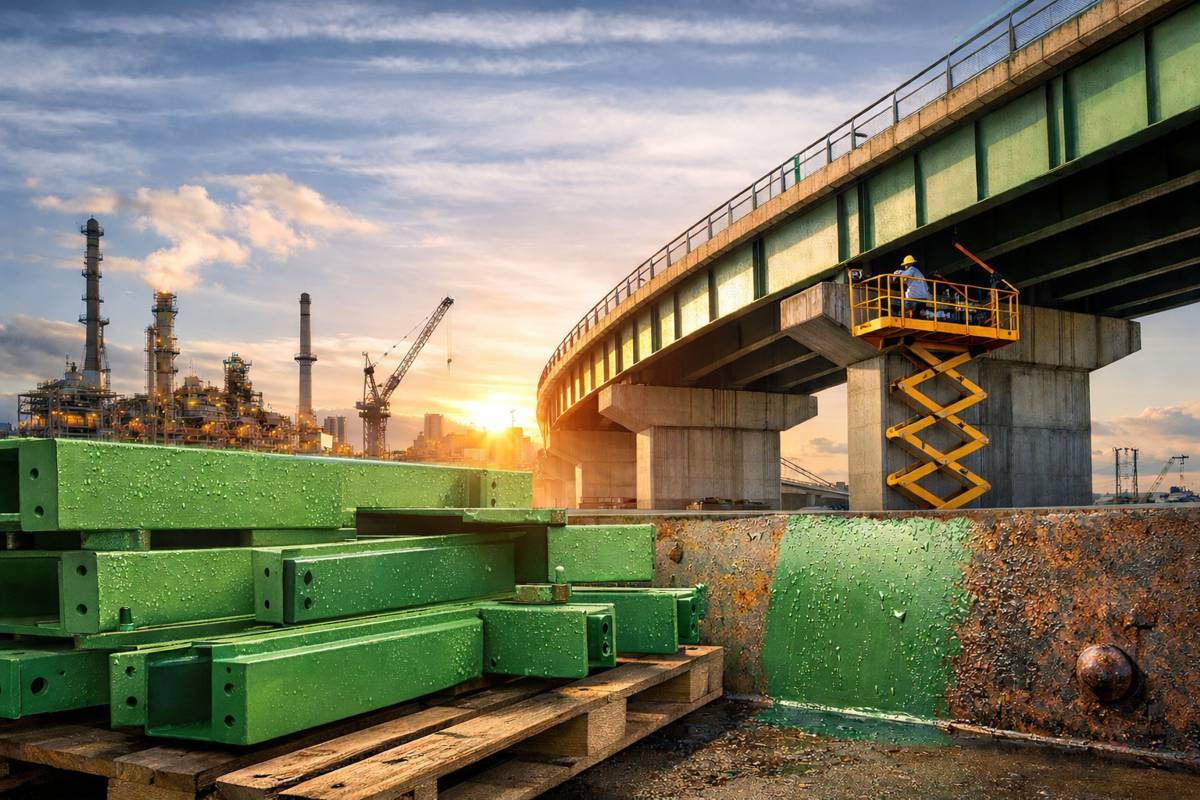Lafarge Canada now offers reclaimed asphalt as a high quality construction solution
Asphalt is widely recognized as one of the most recyclable construction materials in use on the planet today – and it’s another opportunity for both cities and suppliers to work together to find sustainable solutions.
With a recent multi-million dollar upgrade at their Port Kells asphalt plant, the Lafarge Canada team has expanded their service offering to include reclaimed asphalt pavement (RAP) as a high quality solution for local community construction.
“We don’t recycle just asphalt – we can go even further,” shares Lincoln Kyne, Vice President and General Manager of Lafarge in British Columbia. “Our mixes bring in waste material from other industries incorporated into new asphalt production. It keeps it out of the landfill, and reduces waste.”
The Mayor of Langley, Jack Froese, was on hand to celebrate the investment – and its benefits for local communities. “Actions we can take collectively as a community to prevent climate change impact all of us in many positive ways,” said Township of Langley Mayor Jack Froese. “We are pleased to see local organizations like Lafarge doing their part to contribute to a cleaner and more sustainable climate.”
“There is a growing recognition that in order to make a meaningful shift in sustainable construction, we need the engagement and commitment of project owners, consulting engineers and industry alike,” says Kyne. “Recyclable asphalt supports sustainable construction through material conservation, reduced energy costs, water preservation, noise reduction and long-life pavements,” says Kyne. “It’s a part of the industry standard we’ve set across BC, and Langley has been a fantastic partner in achieving this goal.”
Recyclable asphalt supports sustainable construction through material conservation, reduced energy costs, water preservation, noise reduction and long-life pavements. Lafarge incorporates up to 30 percent of reclaimed asphalt pavement (RAP) back into new asphalt production, reducing total life-cycle greenhouse gases by 10 percent. The company reports that the plant’s $2M upgrades can lead to a reduction in GHG emissions that are equivalent to taking 500 passenger cars off the road.
Kyne is proud of the direction the company has taken. “We are committed to a net zero future for BC and for Canada. We’re making the investments BC needs to deliver more sustainable solutions to the communities where we live and work.”













